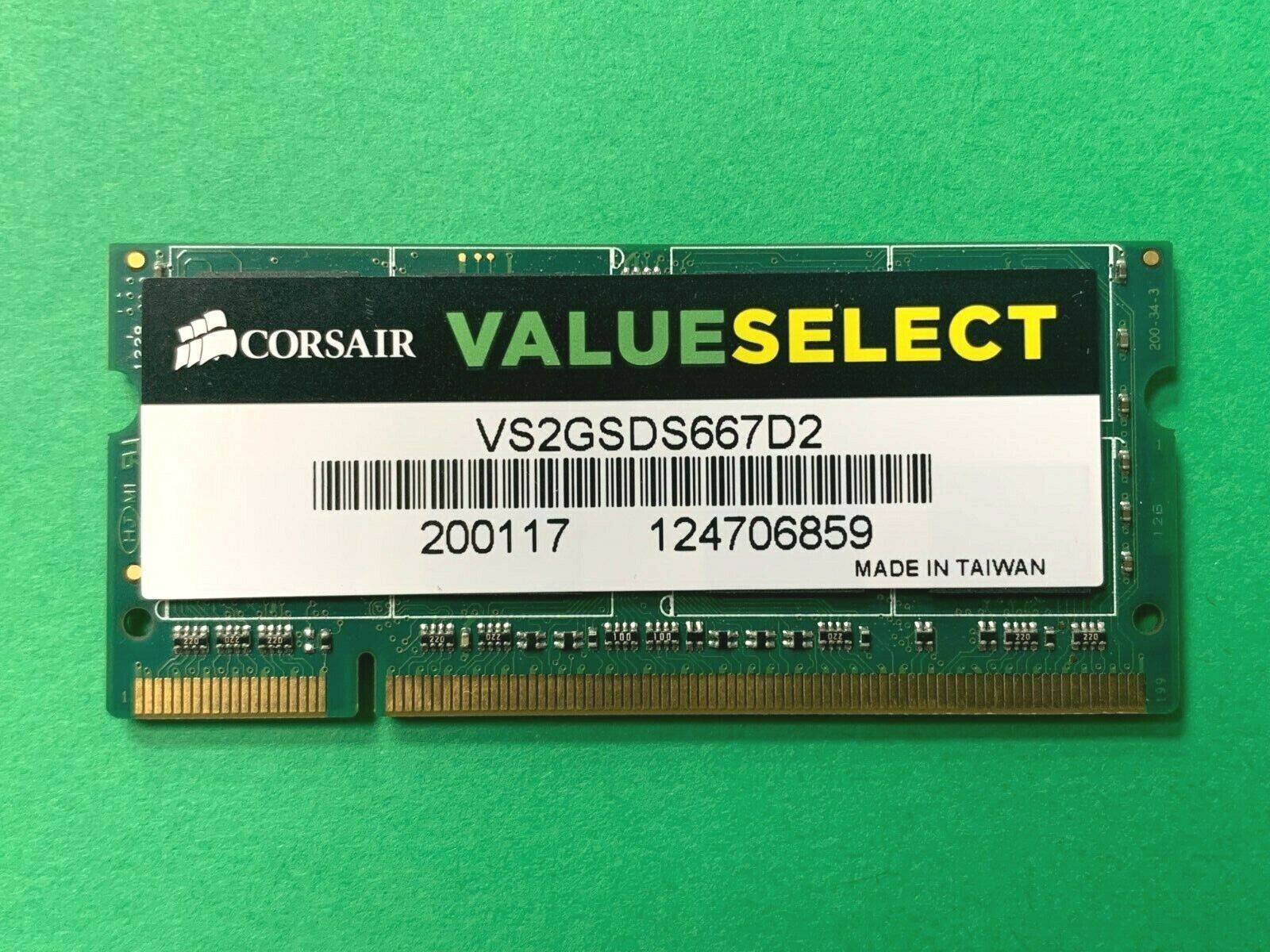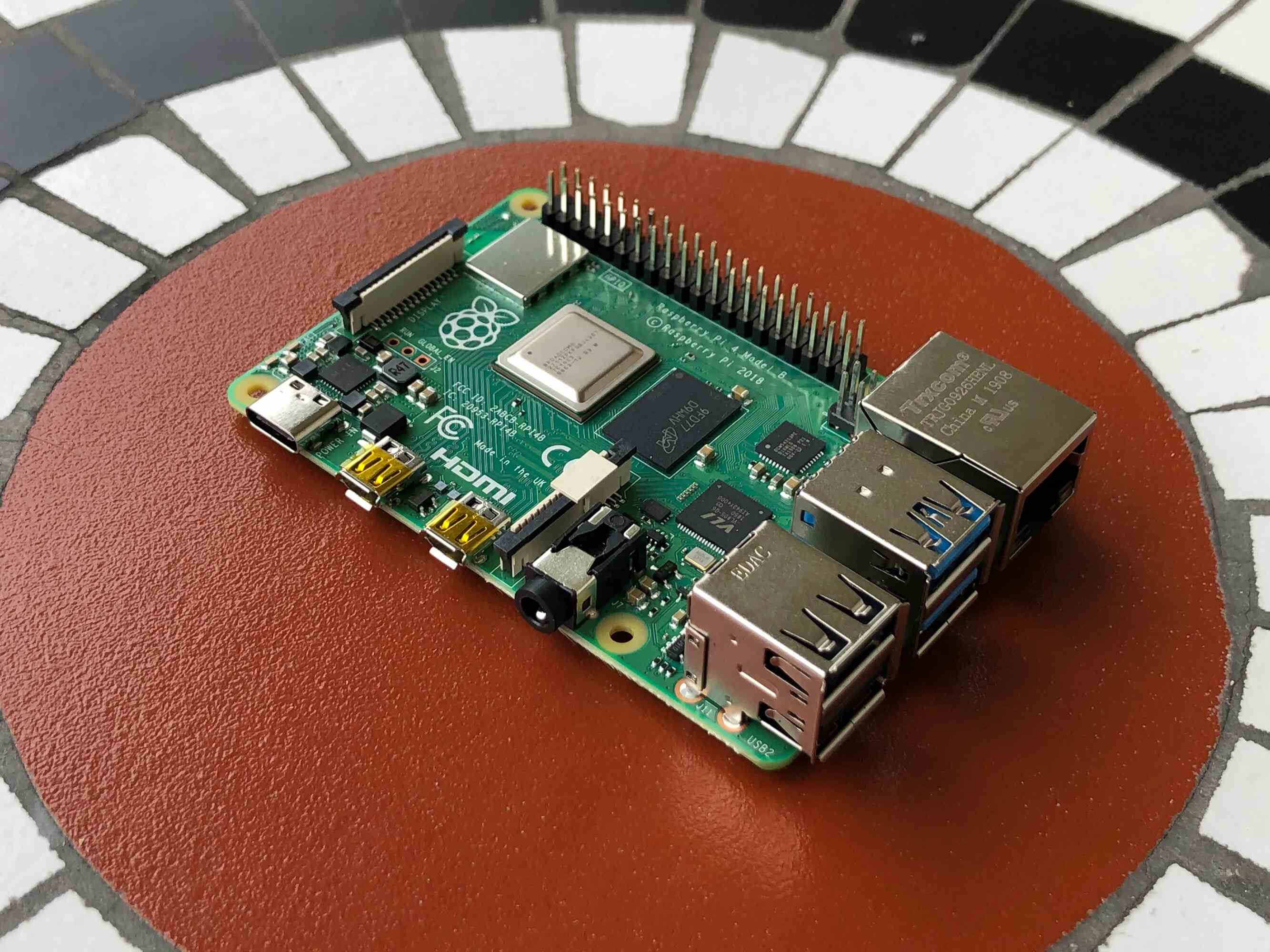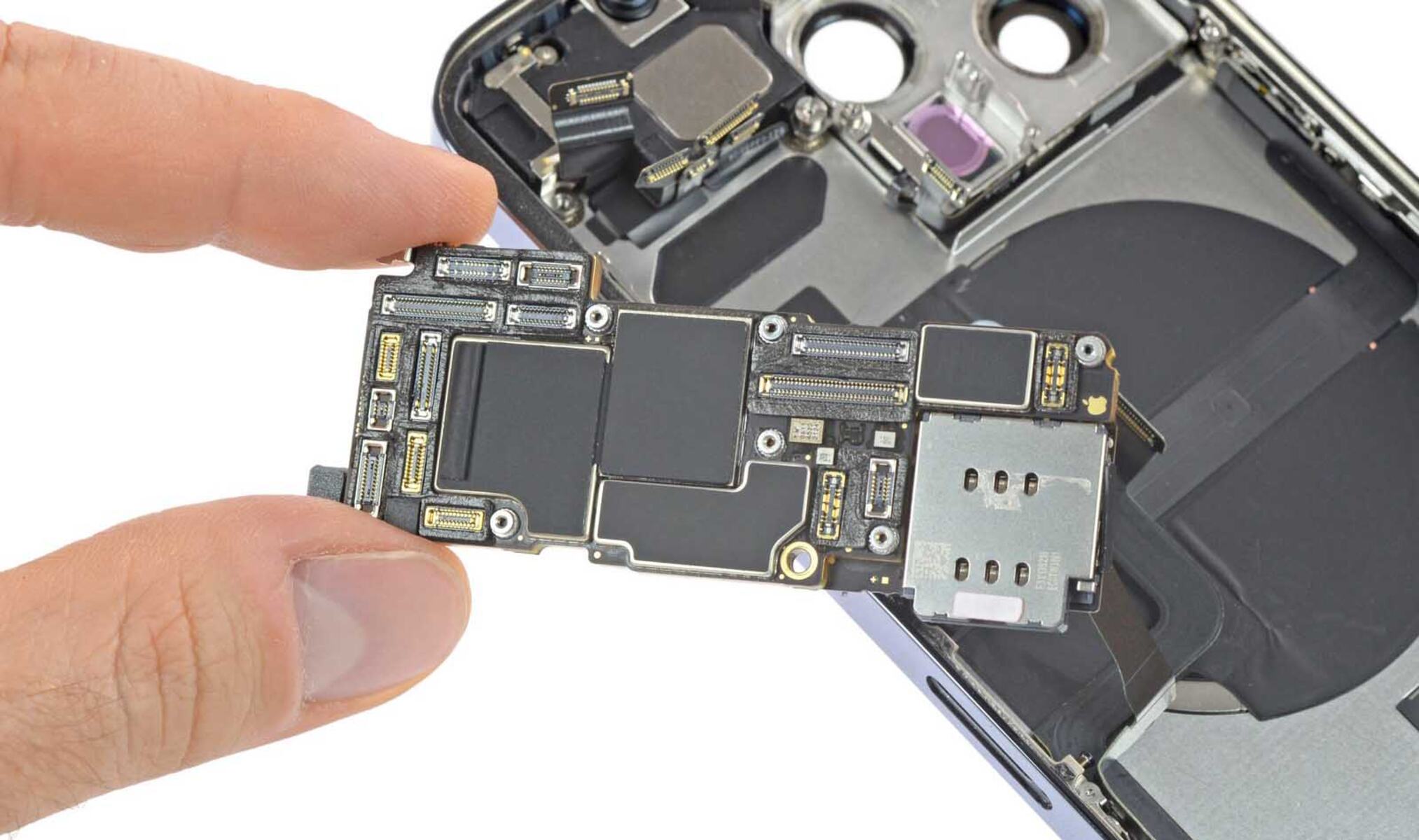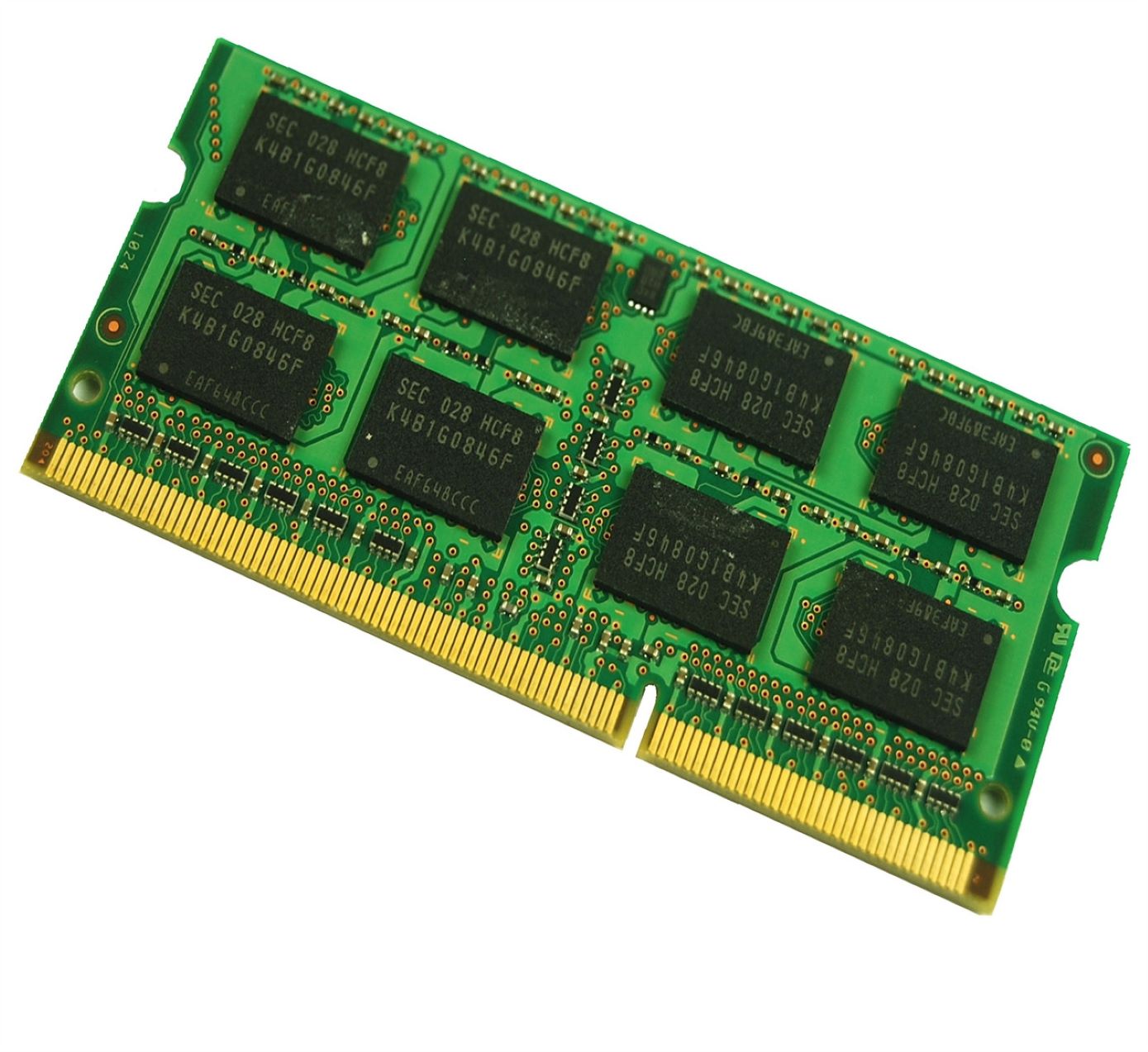Introduction
Welcome to the world of computer memory! If you’ve ever wondered about the specifications of your computer’s RAM, specifically how many megabytes (MB) are in 8 gigabytes (GB) of RAM, you’ve come to the right place.
RAM, which stands for Random Access Memory, is an essential component of any computer system. It plays a crucial role in the performance and multitasking capabilities of your device. Understanding the capacity of your RAM is important when considering upgrades or evaluating the capabilities of your current system.
In this article, we will delve into the world of RAM and explore how it is measured. We will look at the unit of measurement known as GB (gigabytes), discuss what it represents, and learn how to convert it to MB (megabytes). Finally, we will answer the burning question of how many megabytes are in 8 gigabytes of RAM.
So, whether you’re a tech enthusiast or simply curious about the inner workings of your computer, read on to gain a better understanding of RAM and delve into the fascinating world of computer memory measurement.
What is RAM?
Before we dive into the measurement of RAM, let’s first understand what RAM actually is and its significance in the functioning of a computer.
RAM, or Random Access Memory, is a type of computer memory responsible for temporarily storing data that is actively used by the computer’s operating system, programs, and applications. Unlike permanent storage devices like hard drives or solid-state drives, RAM is volatile, which means it loses all its data when the computer is powered off.
RAM serves as a temporary workspace for the computer’s processor. It allows quick access to data that the processor needs to perform tasks efficiently. When you open a program or file, it is loaded into the RAM, enabling the processor to access and manipulate the data rapidly.
The size of the RAM determines how much data can be stored and accessed by the computer at any given time. The more RAM a computer has, the more data and programs it can handle simultaneously without experiencing a decline in performance. This is especially important for memory-intensive tasks like video editing, gaming, or running multiple virtual machines.
In addition to the size, the speed of the RAM, measured in megahertz (MHz), also affects the performance of the computer. Higher-speed RAM allows for faster data transfers between the RAM and the processor, resulting in smoother multitasking and overall system responsiveness.
RAM is an integral part of a computer system, working hand in hand with the processor to ensure efficient operation. Without sufficient RAM, a computer may struggle to run demanding applications or experience slowdowns when dealing with complex tasks.
Now that we have a basic understanding of RAM, let’s explore how it is measured in the next section.
How is RAM Measured?
When it comes to measuring RAM, the two most commonly used units are gigabytes (GB) and megabytes (MB). These units refer to the capacity or size of the RAM and help us understand how much data can be stored in the memory.
The base unit of measurement for RAM is a byte, which represents a single unit of digital information. However, since RAM capacities are typically quite large, we use larger units like gigabytes and megabytes to express them more conveniently.
Let’s break down the measurement units:
Gigabyte (GB): A gigabyte is equivalent to 1,073,741,824 bytes. It is often rounded to 1 billion bytes for simplicity. GB is the primary unit used to represent RAM sizes today, with common capacities ranging from 4GB to 32GB or more.
Megabyte (MB): A megabyte is smaller than a gigabyte and is equal to 1,048,576 bytes. It is often rounded to 1 million bytes. In the past, when computers had smaller RAM capacities, megabytes were more commonly used as the primary unit of measurement.
Now that we understand the basic units of measurement, it’s important to note that 1 gigabyte is equal to 1,024 megabytes. This means that a gigabyte is roughly a thousand times larger than a megabyte.
When shopping for RAM or checking your computer’s specifications, you will typically find the RAM size listed in gigabytes. However, it’s essential to keep in mind that the size mentioned is the capacity of the RAM, not the physical dimensions of the RAM modules.
In the next section, we will explore how we can convert gigabytes to megabytes to gain a better understanding of the capacity of your RAM.
What is GB?
In the world of computer memory, GB stands for gigabyte. It is a unit of measurement used to represent the capacity or size of digital storage devices, including RAM.
A gigabyte is equal to 1,073,741,824 bytes. This number might seem arbitrary, but it is based on the binary system, where 1 gigabyte is equal to 2^30 bytes.
To put it into perspective, a gigabyte can store approximately:
- Over 200 mp3 songs
- Over 300 e-books
- Over 500 high-resolution photos
- About 8 hours of HD video
Gigabytes are commonly used to represent the capacities of various storage devices, such as hard drives, solid-state drives, and USB flash drives. When it comes to RAM, gigabytes indicate the amount of data that the memory module can hold and provide to the computer’s processor.
The use of gigabytes as a unit of measurement is primarily due to the increasing capacity of memory and storage devices. In the past, kilobytes (KB) and megabytes (MB) were the more commonly used units, but as technology advanced and the need for more significant storage arose, gigabytes became the standard unit of measurement.
It’s important to note that as technology continues to evolve, even larger units such as terabytes (TB) and petabytes (PB) are now being used to describe storage capacities. However, gigabytes still hold significant relevance, especially when it comes to measuring RAM sizes.
Now that we have a better understanding of what a gigabyte is, let’s move on to the next section, where we will explore how to convert gigabytes to megabytes.
Converting GB to MB
Converting gigabytes (GB) to megabytes (MB) is a straightforward process. Since there are 1,024 megabytes in a gigabyte, you can multiply the number of gigabytes by 1,024 to get the equivalent number of megabytes.
Let’s look at an example:
If you have 8 gigabytes of RAM and want to know how many megabytes that is, simply multiply 8 by 1,024:
8 GB * 1,024 MB/GB = 8,192 MB
So, 8 gigabytes of RAM is equal to 8,192 megabytes.
Converting gigabytes to megabytes can be helpful when comparing RAM sizes or understanding the capacity of your computer’s memory. It allows you to gauge how much data your RAM can handle at any given time.
It’s important to note that when converting between different units of measurement, precision is key. In our example, we multiplied by 1,024 because that is the exact conversion factor. Using an approximate conversion, such as multiplying by 1,000, would yield a slightly different result.
Now that we know how to convert gigabytes to megabytes, let’s move on to the exciting part – finding out how many megabytes are in 8 gigabytes of RAM!
How Many MB is 8GB of RAM?
Now, let’s answer the burning question: how many megabytes (MB) are there in 8 gigabytes (GB) of RAM?
To find out the answer, we can utilize the conversion factor mentioned earlier. Remember that there are 1,024 megabytes in a gigabyte. So, to determine the number of megabytes in 8 gigabytes, we multiply 8 by 1,024:
8 GB * 1,024 MB/GB = 8,192 MB
Therefore, 8 gigabytes of RAM is equal to 8,192 megabytes.
This means that if your computer has 8GB of RAM, it has a capacity of 8,192MB, allowing it to efficiently handle a significant amount of data and run multiple programs simultaneously without experiencing a decline in performance.
Having this amount of RAM can be beneficial for tasks that demand high memory usage, such as video editing, running virtual machines, or playing memory-intensive games.
Keep in mind that the actual usable memory available to your operating system and applications may be slightly less than the advertised capacity. This is because some of the memory is reserved for system processes and hardware requirements.
Now that you know how many megabytes are in 8 gigabytes of RAM, you have a better understanding of the capacity of your computer’s memory and its capabilities when it comes to handling data and running demanding applications.
In the next section, we will wrap up our exploration of RAM measurement and summarize what we have learned.
Conclusion
In this article, we have explored the fascinating world of RAM measurement and answered the question of how many megabytes are in 8 gigabytes of RAM.
We started by understanding the significance of RAM (Random Access Memory) in a computer system and how it is responsible for temporarily storing data that is actively used by the computer’s operating system and applications.
Next, we delved into the measurement of RAM and learned that it is typically quantified in gigabytes (GB) and megabytes (MB). We discussed the basic units of measurement, gigabytes and megabytes, and how they represent the capacity or size of the RAM and other storage devices.
Converting gigabytes to megabytes was covered, allowing us to easily determine that 8 gigabytes of RAM is equivalent to 8,192 megabytes. This knowledge gives us a better understanding of the size and capabilities of our computer’s memory.
Having 8GB of RAM means that your computer has a capacity of 8,192MB, allowing it to handle memory-intensive tasks and run multiple programs simultaneously without experiencing performance issues.
Remember that RAM is an essential component in a computer system, working alongside the processor to ensure smooth and efficient operation. The size and speed of the RAM play a vital role in the overall performance of your computer.
By gaining a better understanding of RAM measurement and the capacity of your computer’s memory, you can make more informed decisions, whether it’s considering upgrading your RAM or evaluating the capabilities of your current system.
Now armed with this knowledge, you can confidently explore the world of computer memory and make informed choices regarding your computer’s performance and memory requirements.
We hope this article has been informative and has shed light on the topic of RAM measurement and the specific question of how many megabytes are in 8 gigabytes of RAM.

























